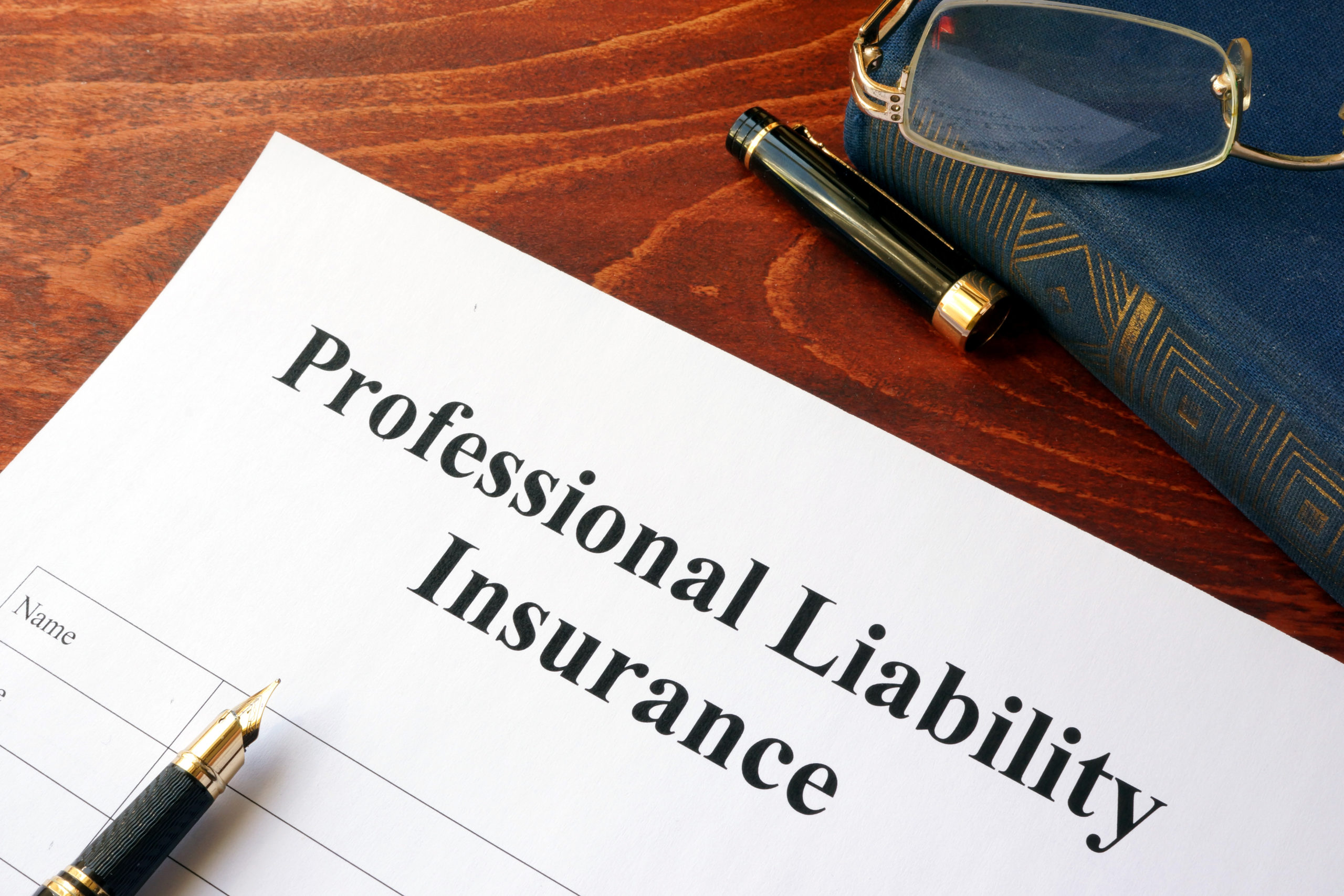
Liability insurance is essential to protecting oneself or one's business from potential financial losses resulting from claims or lawsuits. In this comprehensive guide, we will take a step-by-step approach to help you understand the complexities of liability insurance and make informed decisions about your coverage needs.
Whether you are an individual seeking personal liability protection or a business owner looking to safeguard your operations, this guide will provide valuable insights and practical advice.
I. Understanding Liability Insurance
A. Definition and Purpose
Liability insurance is a type of coverage that provides financial protection against claims or lawsuits filed by third parties. It serves as a safety net, shielding individuals and businesses from the potentially devastating costs associated with legal actions. By having liability insurance in place, you can have peace of mind knowing that your personal assets or business operations are safeguarded.
B. Types of Liability Insurance
General Liability Insurance
General liability insurance is one of the most common types of liability coverage. It protects individuals and businesses against claims related to bodily injury, property damage, and advertising injury. For example, if a customer slips and falls on your business premises, general liability insurance can help cover the medical expenses and legal fees associated with the incident.
Professional Liability Insurance
Professional liability insurance, also known as errors and omissions insurance, is tailored for professionals in service-based industries. It provides coverage for claims arising from errors, omissions, or negligence in the performance of professional services. Professionals such as doctors, lawyers, architects, and consultants often require this type of coverage to protect themselves from potential lawsuits resulting from professional mistakes.
Product Liability Insurance
Product liability insurance is crucial for manufacturers or sellers of products. It protects against claims of product-related injuries or damages caused by a defective product. Even with stringent quality control measures in place, unforeseen issues can arise. Product liability insurance ensures businesses can handle potential lawsuits and financial losses from defective products.
II. Determining Coverage Needs
Assessing Risks
To determine the appropriate coverage limits, it is essential to assess the specific risks individuals or businesses face. Factors such as industry type, business size, location, and personal activities all play a role in understanding the level of coverage needed. By identifying potential risks, you can ensure that your liability insurance adequately protects against those risks.
Evaluating Business Operations or Personal Activities
When evaluating coverage needs, it is vital to consider the nature of your business operations or personal activities. Are you engaged in high-risk activities that could potentially lead to lawsuits? Do you have employees who interact with customers regularly? These factors will help you determine the level of coverage required to mitigate potential risks.
Consulting an Insurance Agent/Broker
Navigating the complexities of liability insurance can be challenging, so seeking guidance from an experienced insurance agent or broker is highly recommended. These professionals have in-depth knowledge of the insurance industry and can assess your needs, recommend suitable coverage options, and help you make informed decisions.

III. Key Factors to Consider When Choosing a Policy
Coverage Limitations and Exclusions
When reviewing liability insurance policies, it is crucial to understand the limitations and exclusions that may exist. Some policies may not cover intentional acts or certain types of damages. By carefully reading and understanding the terms and conditions of your policy, you can avoid surprises when it comes time to file a claim.
Deductibles and Premiums
Deductibles play a significant role in liability insurance policies. A deductible is the amount you must pay out of pocket before your insurance coverage kicks in. Choosing an optimal deductible amount is important and depends on your risk tolerance. A higher deductible can lower your premiums but may require you to pay more in the event of a claim.
Additional Coverages
Depending on your needs, you may consider additional coverages to enhance your liability insurance protection. Umbrella policies provide an extra layer of liability coverage beyond the limits of your primary policy. Endorsements, also known as riders, can be added to your policy to cover specific risks or activities not included in the standard coverage.
D. Insurance Company Reputation
Selecting a reputable insurance company with a solid financial standing and a history of reliable claims handling is crucial. Researching insurance companies and reading customer reviews can give you insights into their reputation and customer satisfaction. Choosing an insurer that will be there for you when you need them the most is essential.
IV. Filing a Liability Insurance Claim
Reporting the Incident
In the unfortunate event of an incident or claim, promptly reporting it to your insurance company is essential. Be sure to provide accurate and detailed information about the incident, including any injuries, damages, or parties involved. Reporting the incident in a timely manner will help expedite the claims process.
Documenting Evidence and Gathering Information
When filing a liability insurance claim, it is crucial to document evidence and gather relevant information to support your case. Take photographs, collect witness statements, and keep all communication with the insurance company in writing. Clear and concise documentation will strengthen your claim and ensure a fair assessment.
Working with Claims Adjusters
Throughout the claims process, you may need to work with claims adjusters who assess the damages, investigate the incident, and determine the appropriate settlement. Maintaining open and transparent communication with the claims adjuster is as important, as providing any additional information or documentation they may require. By working cooperatively, you can ensure a fair assessment and efficient resolution of your claim.
Conclusion
Liability insurance is a vital tool in protecting individuals and businesses from potential financial losses resulting from claims or lawsuits. By following this comprehensive guide, you can confidently navigate the complexities of liability insurance. Remember to assess your coverage needs, consult with an insurance professional, and choose a policy that suits your specific requirements. By taking proactive steps, you can establish a strong online presence and safeguard your personal assets or business operations effectively.



























